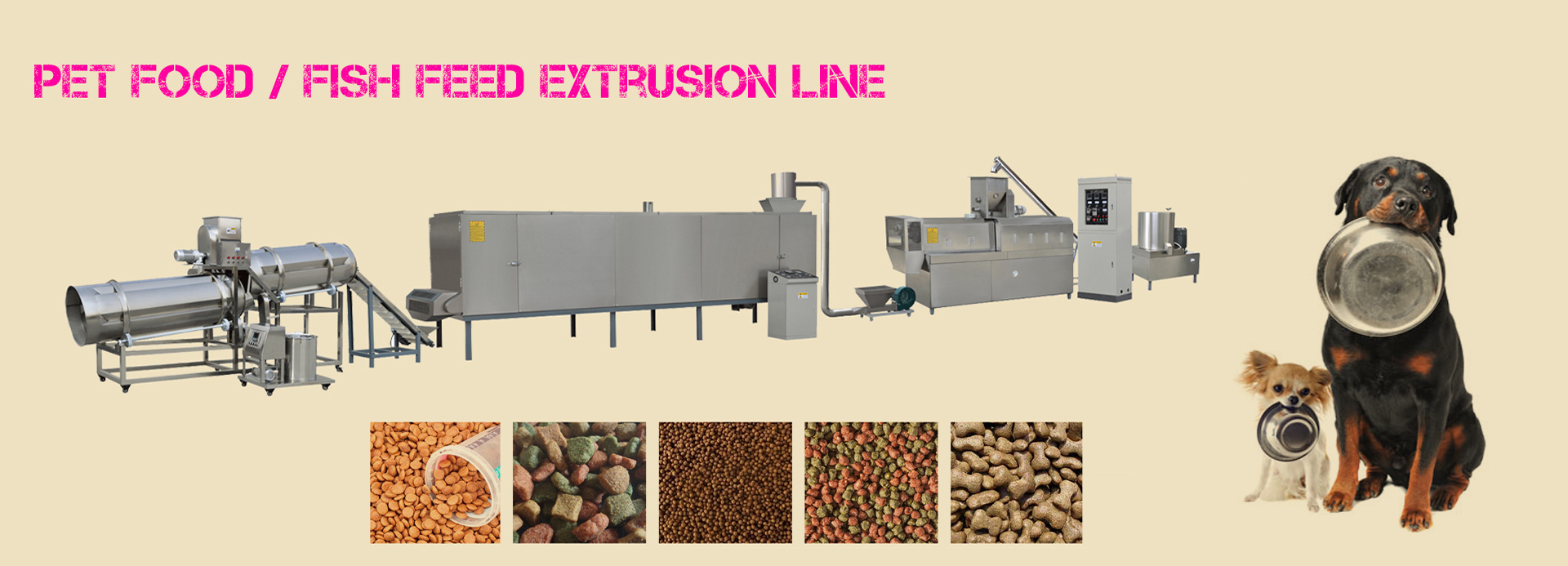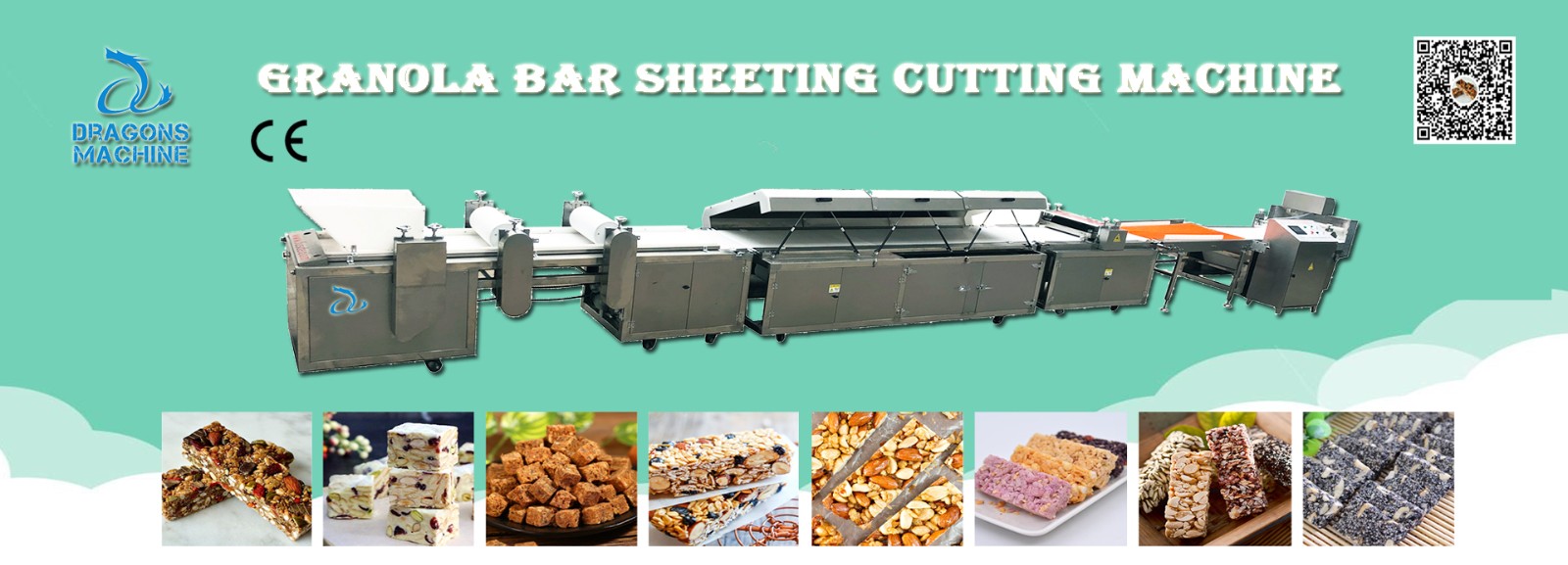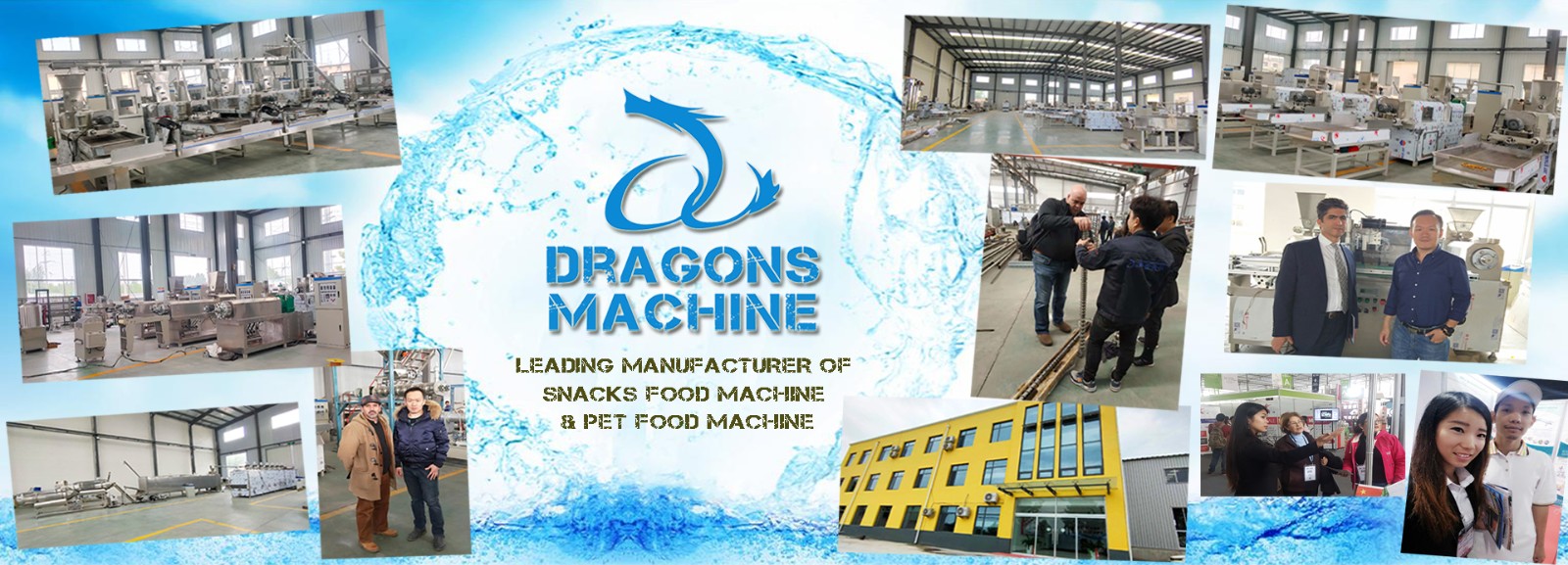Plastic straws can harm not only marine life, but also other animals and even people who eat contaminated seafood. It's time to ban these harmful disposable straws and turn to eco-friendly alternatives to plastic straws.
Thorough research has been conducted to find various alternatives to plastic straws. All variants were studied in terms of biodegradability or recyclability. We also highlighted the main advantages and disadvantages of using different types of straws. It's time to choose your ideal eco-straw!
Naturally degradable straws
These plastic-free straws are our favorite alternative to disposable straws. Biodegradable items are obviously top-notch. They don't harm our planet and disappear after use. Biodegradation is a truly natural process, which means that normal environmental conditions cause the material to decay into acceptable natural products.
Fortunately, there are many naturally degradable straws that can be produced by our machines. Some are made from sugar cane and wheat by-products. We are pleased that our machines produce more environmentally friendly products to promote sustainability and reduce the impact of plastic straws on the environment. You will find more biodegradable straws below.
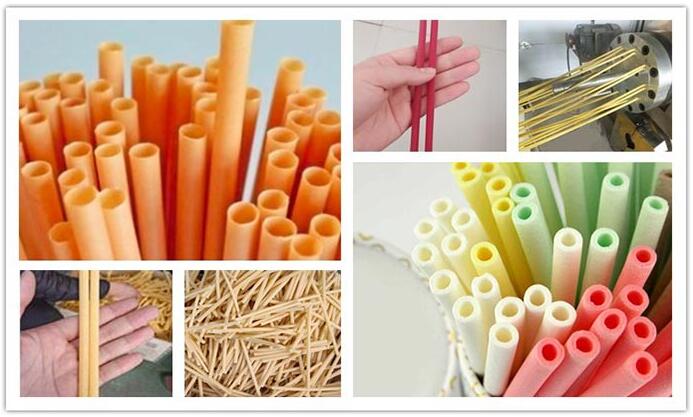
Bamboo Straws
Bamboo stems are a great alternative to plastic straws. 100% durable, plant-based material is highly sustainable, has excellent antibacterial properties, does not bend, and can be easily composted after consumption. At the same time, bamboo straws are not something you want to use for the rest of your life. Even if they can be washed, they will get dirty over time. In addition, bamboo absorbs flavor.
Sugar cane straws
This is another biodegradable alternative to plastic straws that we love and have found to be very beneficial to our environment. Both sugar cane straws and wheat straws are made from agricultural by-products, so when you choose sugar cane straws, you help conserve resources. These non-plastic straws are durable and can withstand multiple bites. Plus, you can easily clean them and use them again. Some straws don't go with all drinks, but sugar cane straws can serve hot and cold drinks, as well as very strong drinks like smoothies or fresh juices.
Today, sugar cane straws are one of the best alternatives to plastic straws because they are reusable, durable and biodegradable.
Wheat straws
Wheat straws come from 100% natural materials: they are made from wheat stems. This material is usually considered waste in agricultural production, so converting this "waste" into straw can save natural resources.
Wheat straw is a single-use straw that does not damage our environment. Throw away used straws and they will disappear naturally after a few months. This type of straw is one of the best alternatives to plastic straws for restaurants, because without disposables, the industry would not be able to function.
Papaya leaf stem straws
It is a very exotic but very stylish alternative to plastic straws. Straws from papaya leaf stems are easy to manufacture. All you need to do is gather up the leaves and rinse the stems. These straws go perfectly with tropical cocktails and fresh coconut. Papaya leaf straws can't be found online, so if you're lucky enough to live near this plant, you'll need to make your own.
Hay Straws
If you want to sip your drink like your ancestors did, choose hay straws. Hay straws are absolutely natural and 100% biodegradable. These tiny things leave no trace after use. The only problem is their low durability and thinness, which doesn't make hay straws the best alternative to plastic straws.
Harvesting straws
This is a more sustainable option for those who are turning to non-plastic straws. Harvest straws are made from grain straws and are very durable and comfortable to use. When you're done with them, simply place the straws in the compost pile.
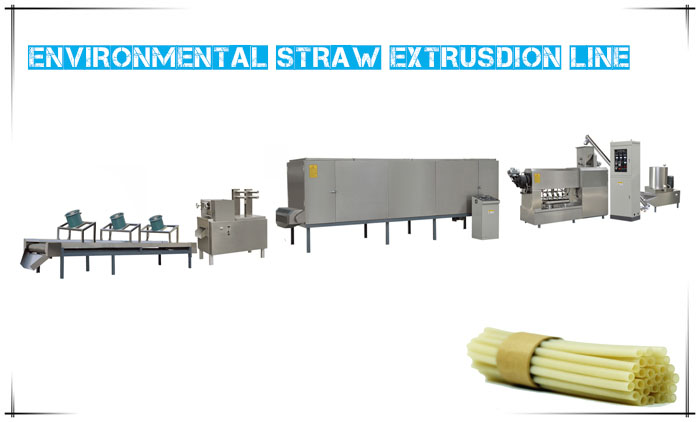
Biodegradable plastic straws
This is another compromise for those looking for an alternative to plastic straws but can't leave immediately. In addition, biodegradable plastic straws are one of the few alternatives to plastic straws available for people with disabilities.
Biodegradable plastic straws often look like regular straws, and they are also disposable. But the environmental difference is significant. Bioplastics are made from renewable resources, such as food waste, vegetable oils and fats, and agricultural by-products. Some used plastic products can also be converted into bioplastics. Compared to conventional plastics, bioplastics are less toxic (BPA-free), have a lower carbon footprint and break down faster.
So are biodegradable plastics really that great? Items made from biodegradable plastics will naturally break down in the environment. But this is only possible under certain conditions. In fact, biodegradable straws are not usually put into special compost piles and do not go into the same landfills and areas as regular straws.
Pasta Straws
Another simple and extraordinary way to drink your beverage is to use a pasta straw. This alternative to plastic straws is completely biodegradable and durable enough to withstand bites. Take large diameter pasta. Unfortunately, the special pasta flavor doesn't go away and these non-plastic straws can become soggy over time. There is also no washing option.
Changing habits isn't so easy, but it's important for the environment. Disposable plastic straws have become a real problem for the oceans, animals and humans. As a result, companies and individuals are making a conscious effort to turn to alternatives to plastic straws.
Degradable straws extrusion line can produce environmental straws to replace the traditional plastic straws. Plastic straws are forbidden to be used at more and more countries and areas because of their non-degradability. To protect the environment and replace the traditional plastic straws, we developed Environmental Sucker Machine to produce food-based straws.

















